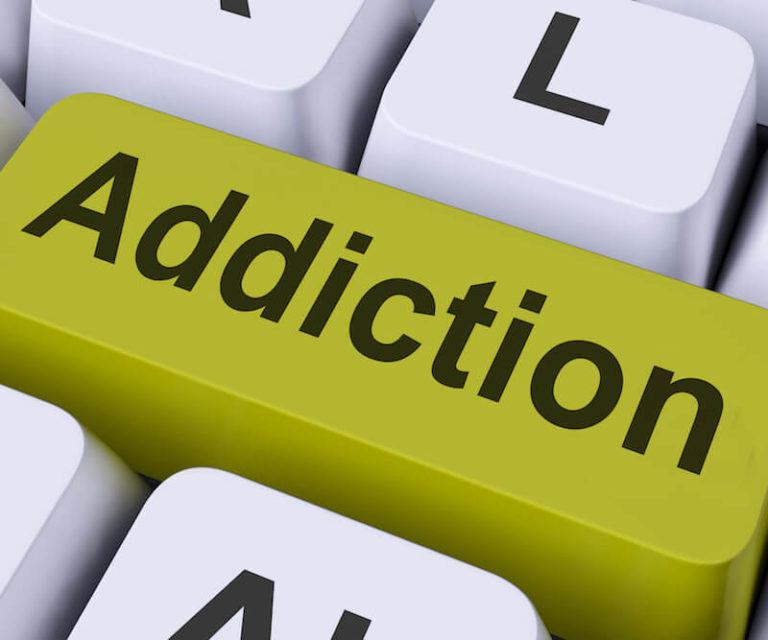
End of content
End of content

Learn the 2 ways God opens your eyes and 5 things you can do now to facilitate this.

Learn the 2 ways God opens your eyes and 5 things you can do now to facilitate this.
Addiction can manifest in various forms, ranging from substance abuse to behavioral compulsions. It often involves an overwhelming desire to engage in a specific activity or consume a substance, despite the potential negative consequences. Understanding the nature of addiction is crucial for both those affected and their loved ones, as it promotes compassion and informs strategies for intervention and support.
At its core, addiction can be seen as a complex interplay of psychological, environmental, and biological factors. Many people who struggle with addiction might feel isolated or stigmatized, which can exacerbate their feelings of shame. By fostering open conversations about addiction, society can help reduce stigma and encourage individuals to seek the help they need.
Addiction not only affects the individual but also significantly impacts their relationships with family, friends, and colleagues. Trust can be eroded when a person hides their addiction or engages in behaviors that hurt their loved ones. As relationships deteriorate, feelings of loneliness and isolation can deepen, creating a vicious cycle that perpetuates the addiction.
The journey towards healing and recovery from addiction is often multifaceted and requires a comprehensive approach. First, acknowledging the problem is a pivotal step that initiates the healing journey. From there, individuals might benefit from therapies like counseling or group support, which provide essential tools and insights for managing their addiction effectively.